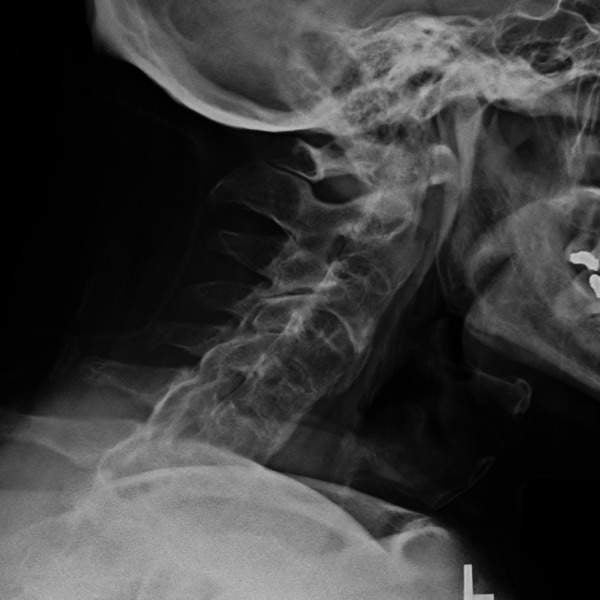
Gilead Sciences and Dutch pharmaceutical firm Galapagos have reported positive results from the Phase II clinical trial (TORTUGA) of filgotinib for the treatment of moderate-to-severely active ankylosing spondylitis (AS).
The trial met its primary efficacy endpoint of significantly greater improvements in AS Disease Activity Score (ASDAS) at week 12, compared to placebo.

Discover B2B Marketing That Performs
Combine business intelligence and editorial excellence to reach engaged professionals across 36 leading media platforms.
Filgotinib is an investigational, selective JAK1 inhibitor. Ankylosing spondylitis is a systemic and progressive seronegative spondyloarthritis of spine and sacroiliac (SI) joints that may lead to permanent disability.
The multi-centre, randomised, double-blind, placebo-controlled Phase II trial was designed to evaluate the safety and efficacy of filgotinib in 116 adult patients.
It was performed across clinical sites in Belgium, Bulgaria, Czech Republic, Estonia, Poland, Spain and Ukraine. Subjects were treated with once-daily 200mg of filgotinib or placebo for 12 weeks.
The primary objective of the trial was the effect of the investigational candidate on the signs and symptoms of ankylosing spondylitis as assessed with ASDAS at week 12.

US Tariffs are shifting - will you react or anticipate?
Don’t let policy changes catch you off guard. Stay proactive with real-time data and expert analysis.
By GlobalDataGilead Sciences chief scientific officer and Research and Development head John McHutchison said: “People with ankylosing spondylitis face serious pain and disability, and, too often, their disease does not respond adequately to existing therapies.
“This data is encouraging, suggesting filgotinib has the potential to play an important role in addressing this medical need.”
During the TORTUGA trial, adverse events were observed to be mild or moderate. Equal percentage of subjects in the filgotinib and placebo arms experienced the adverse events.
One treatment-emergent serious adverse event was reported with filgotinib, where a patient had pneumonia but recovered after hospital-based antibiotic treatment.
The trial investigators did not report any deaths, malignancies, hepatic events, opportunistic infections or cases of Herpes zoster.





